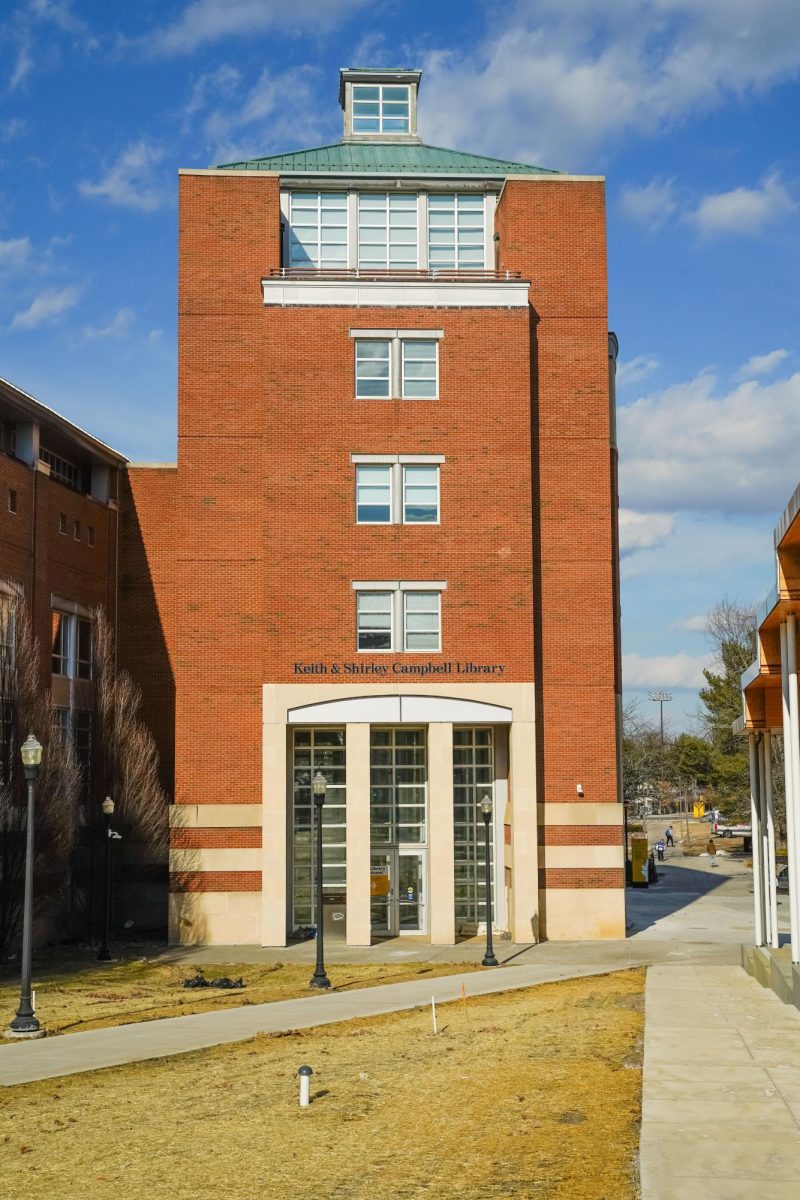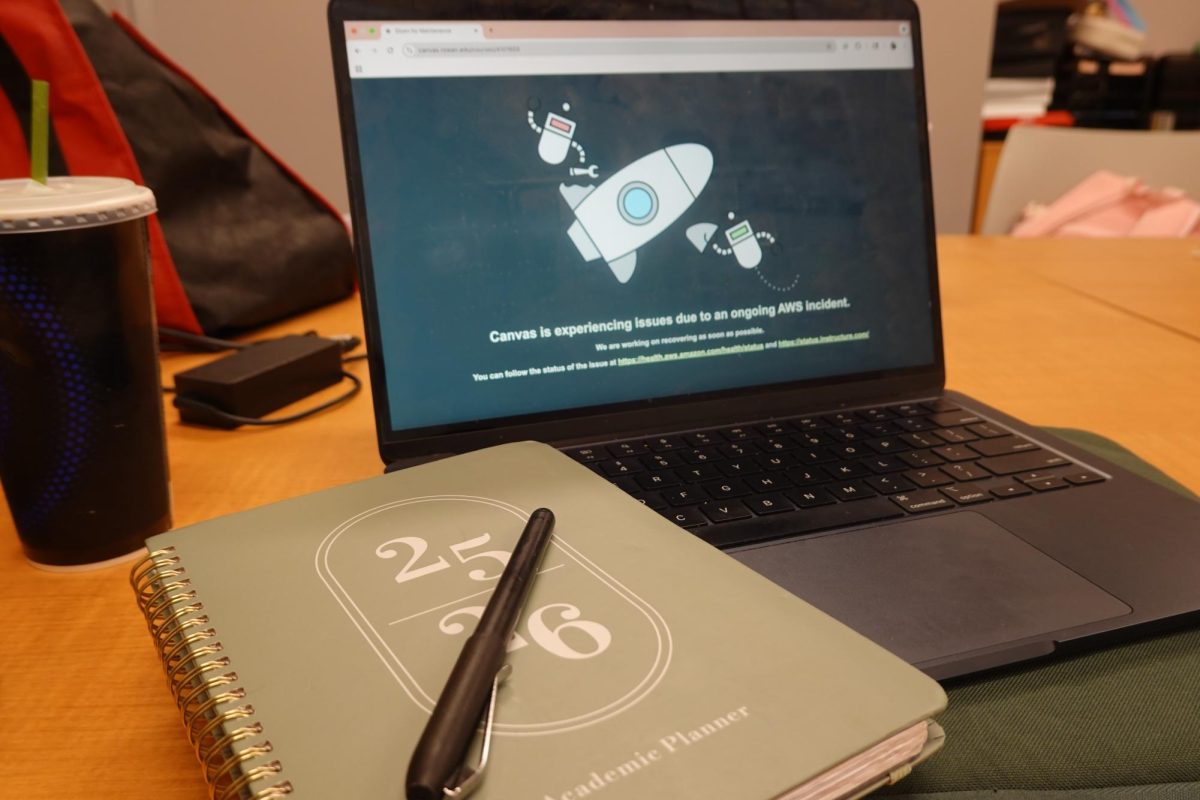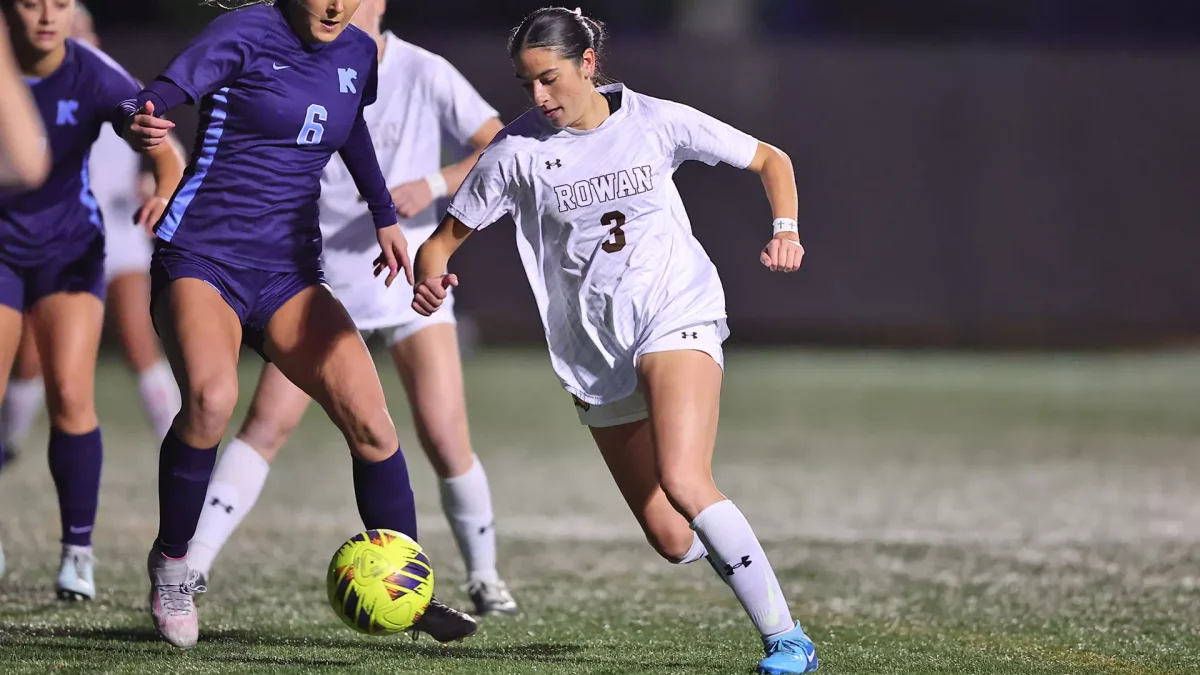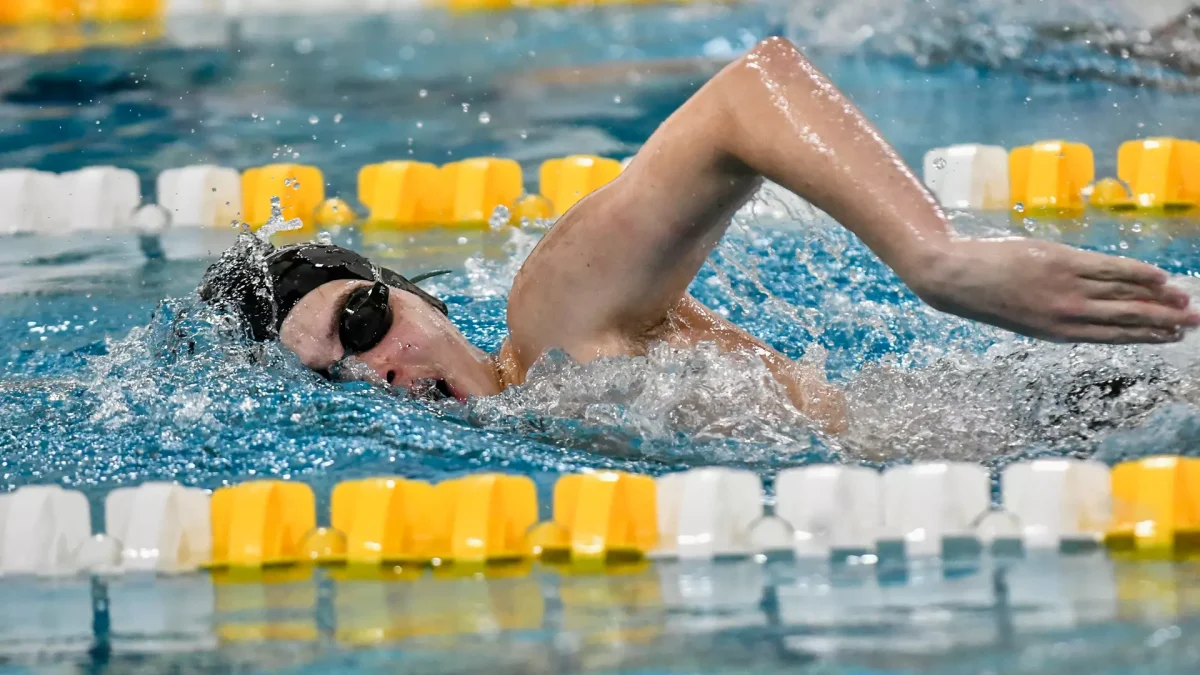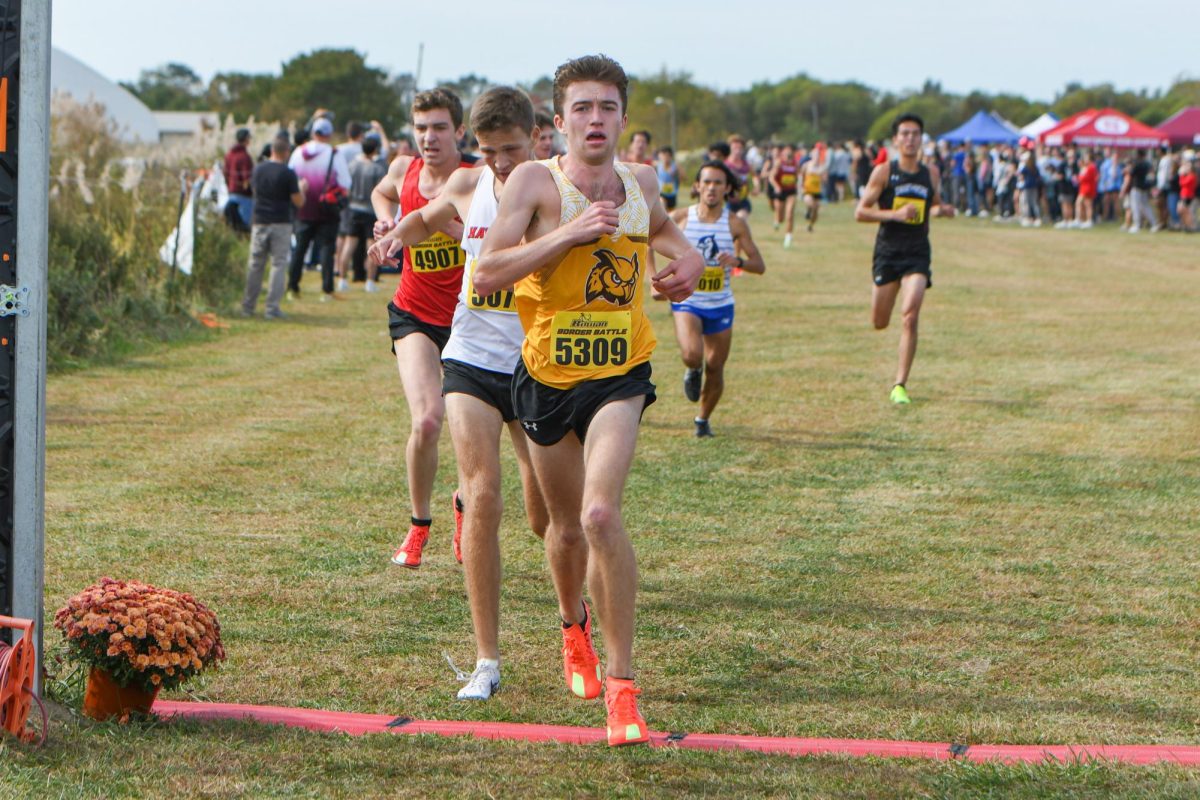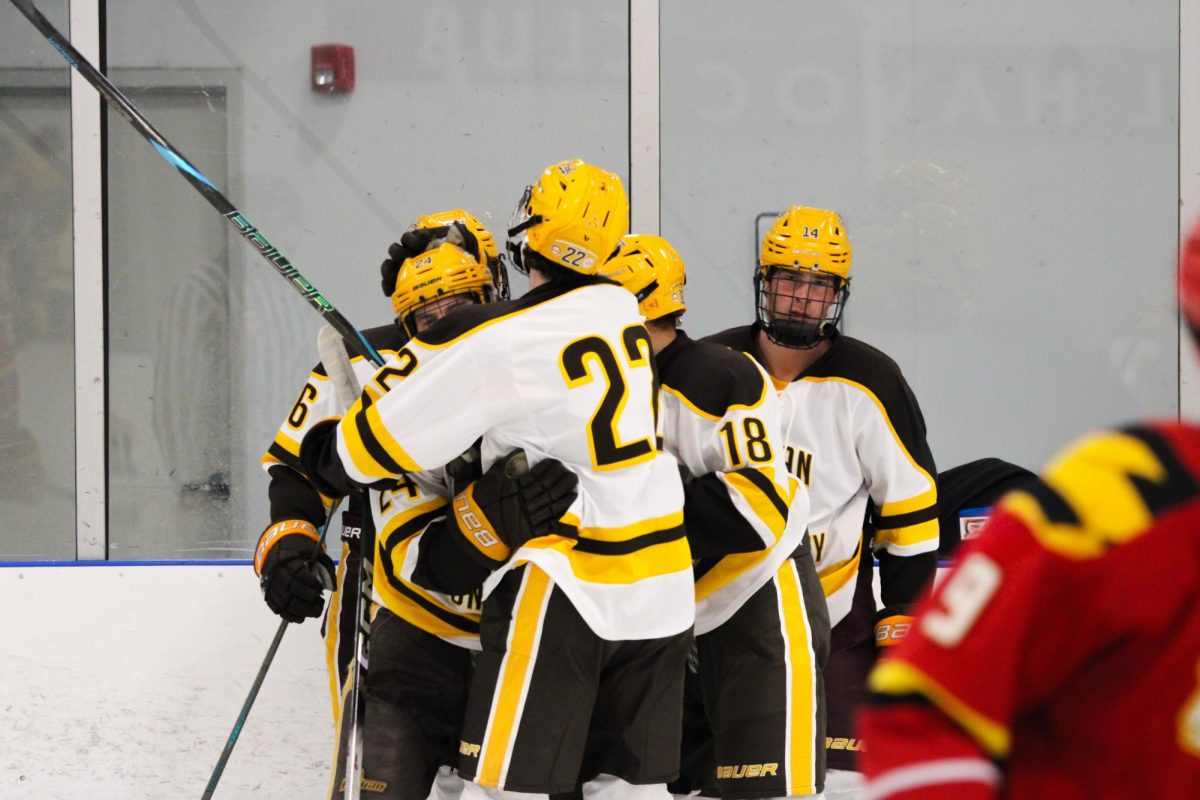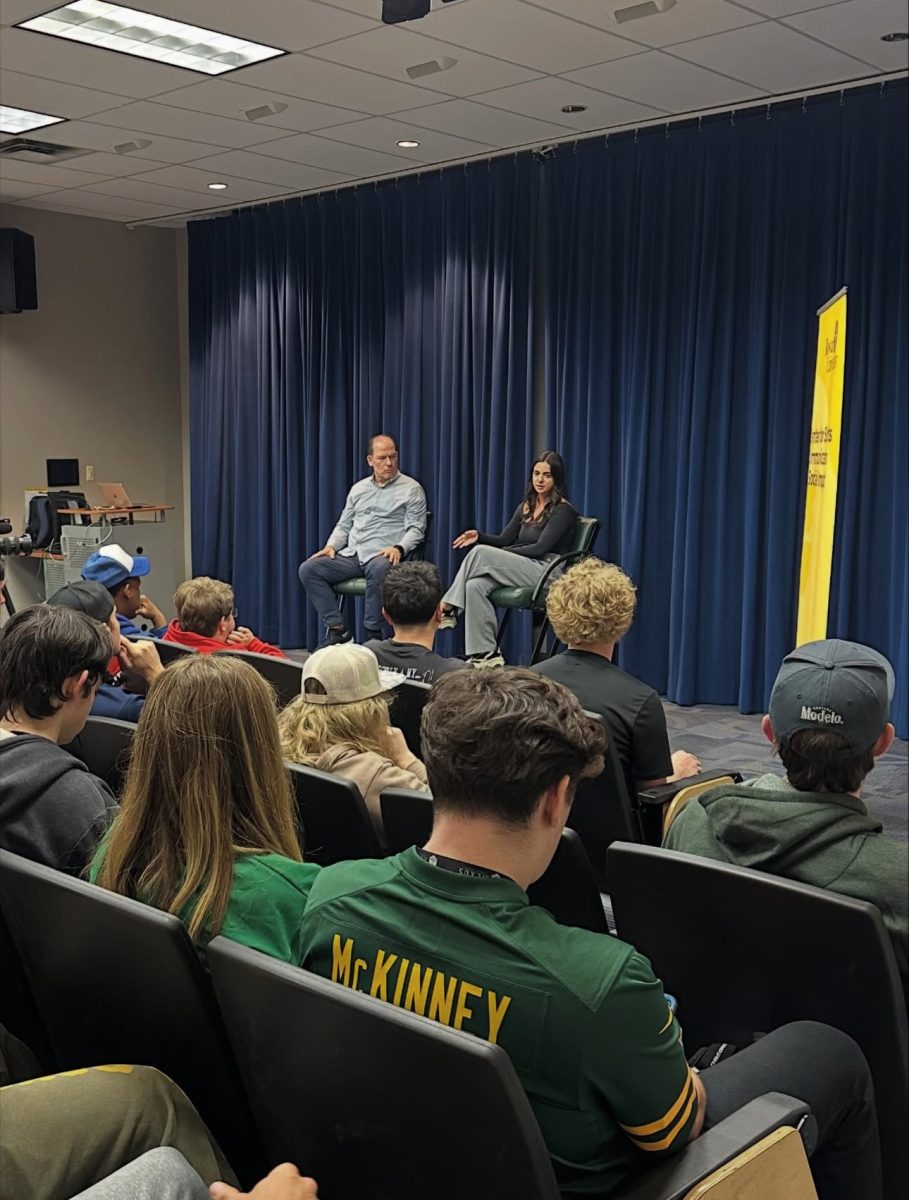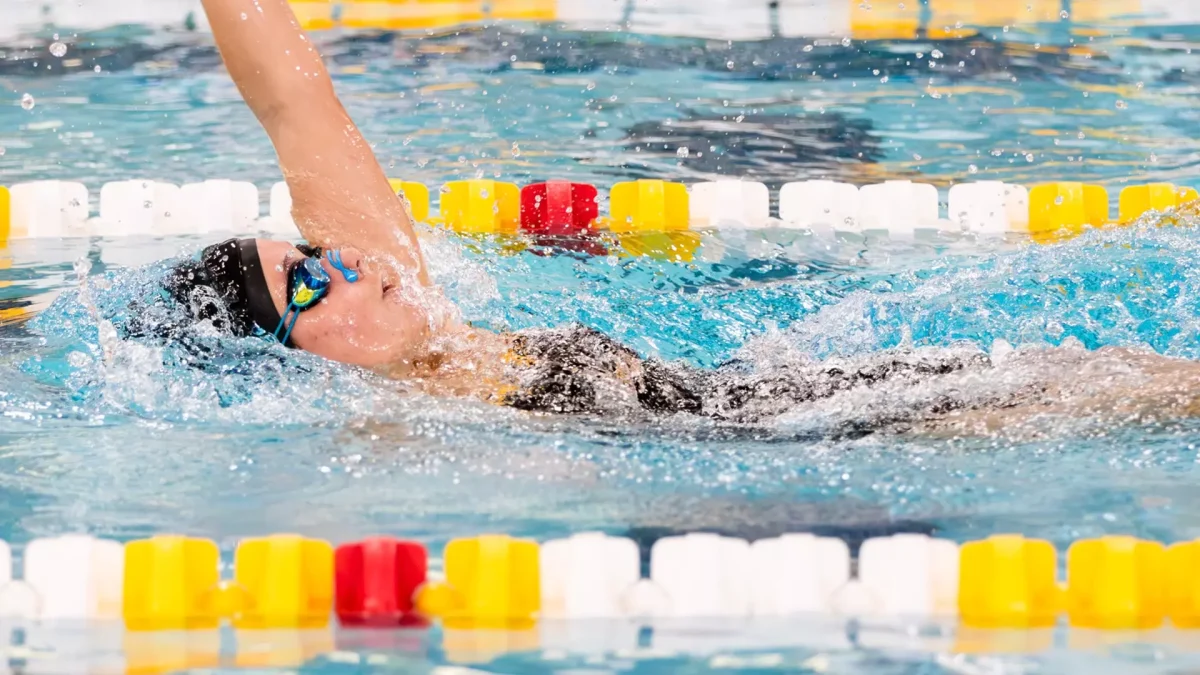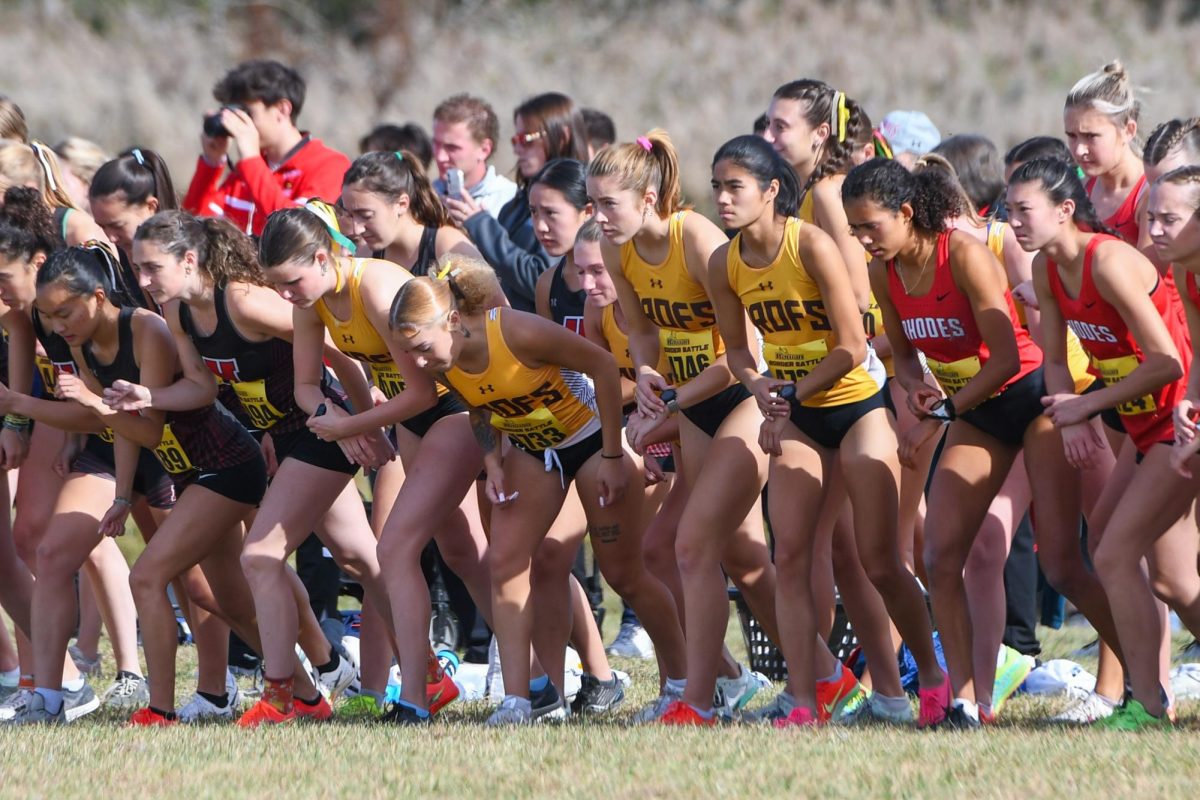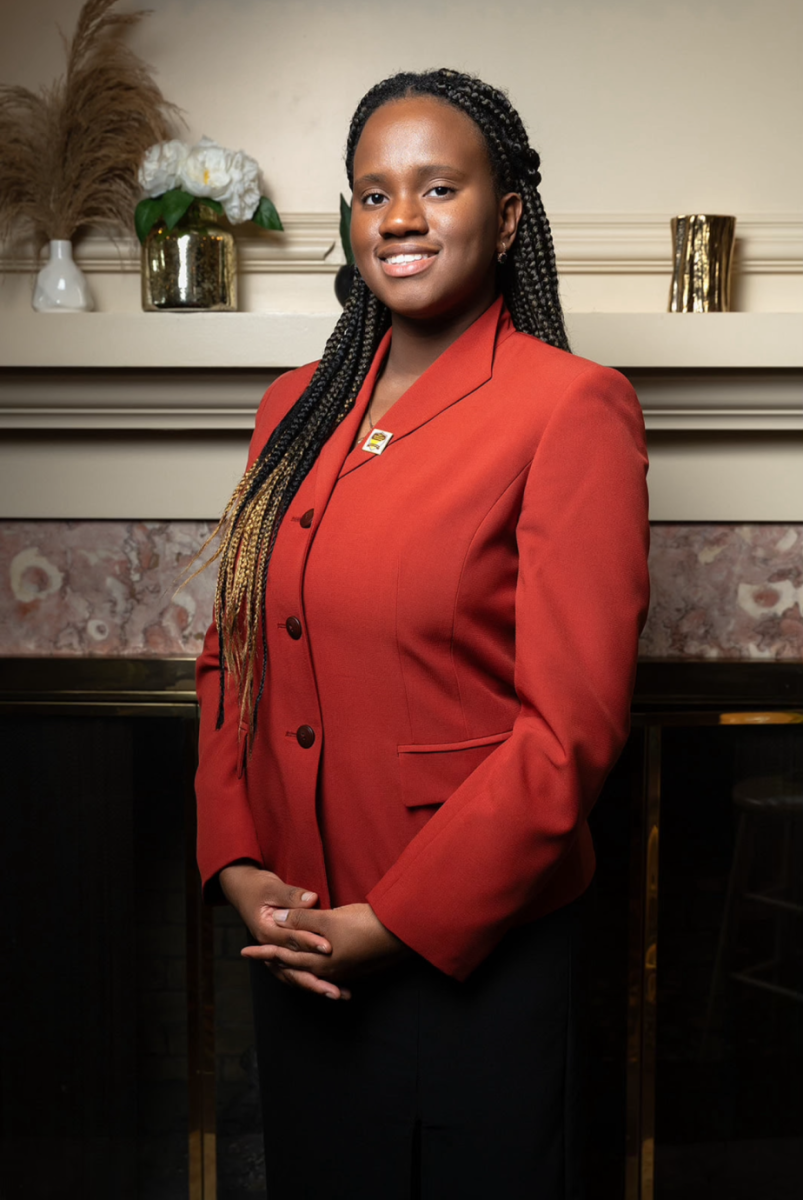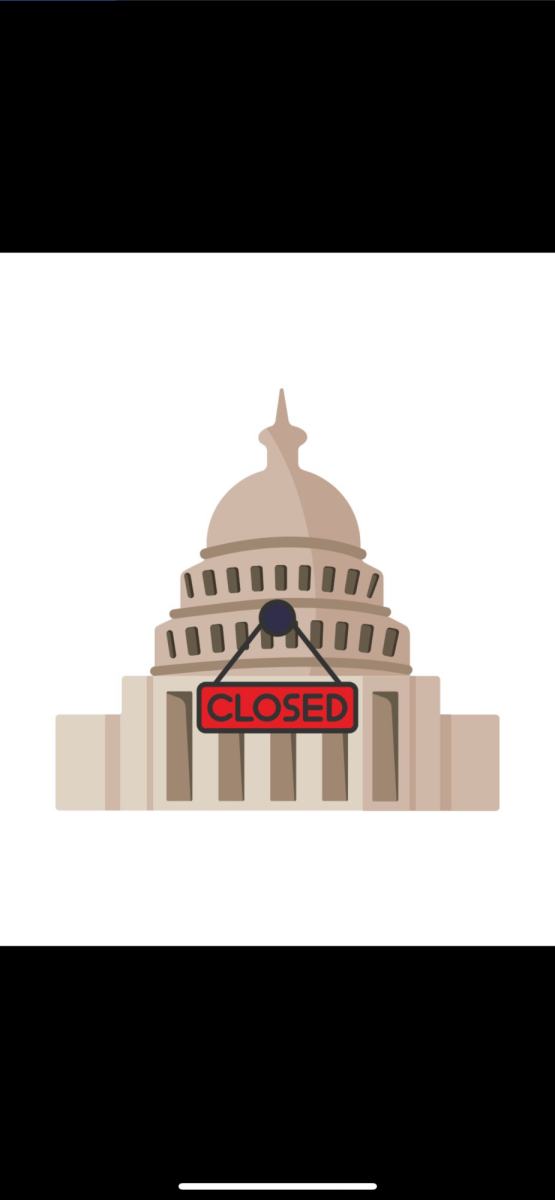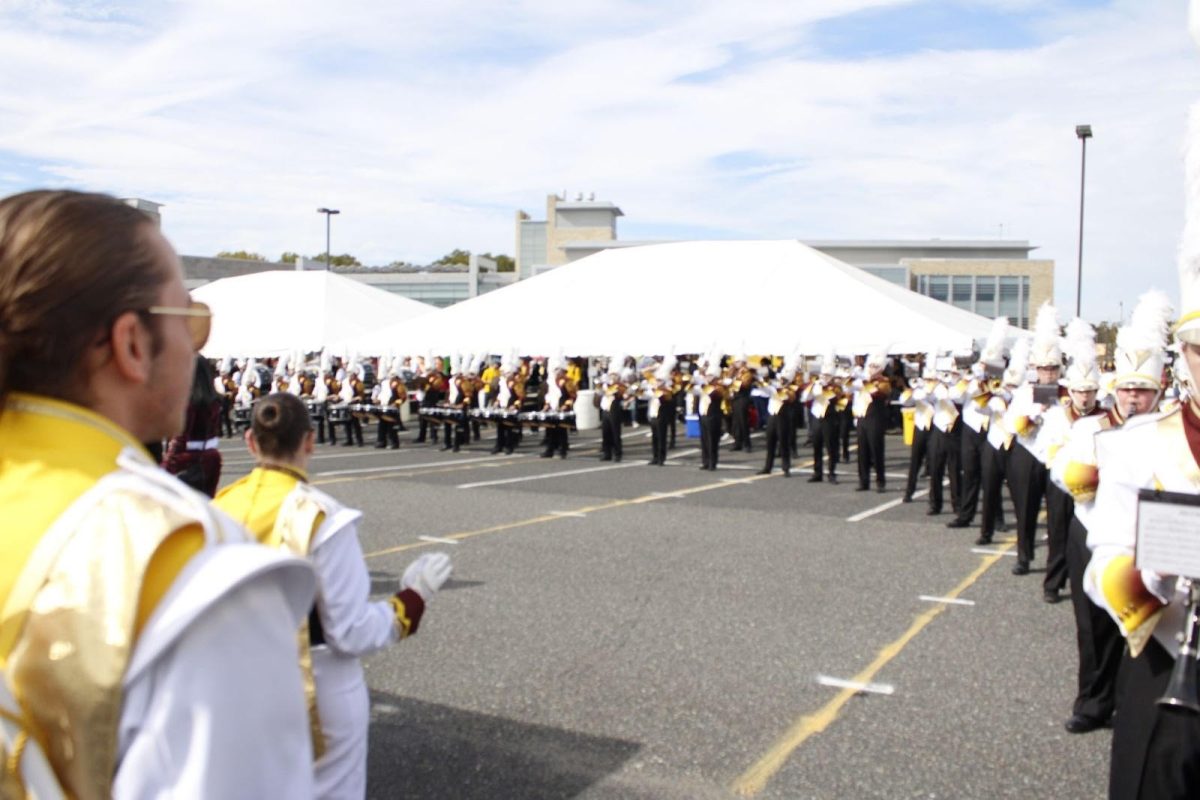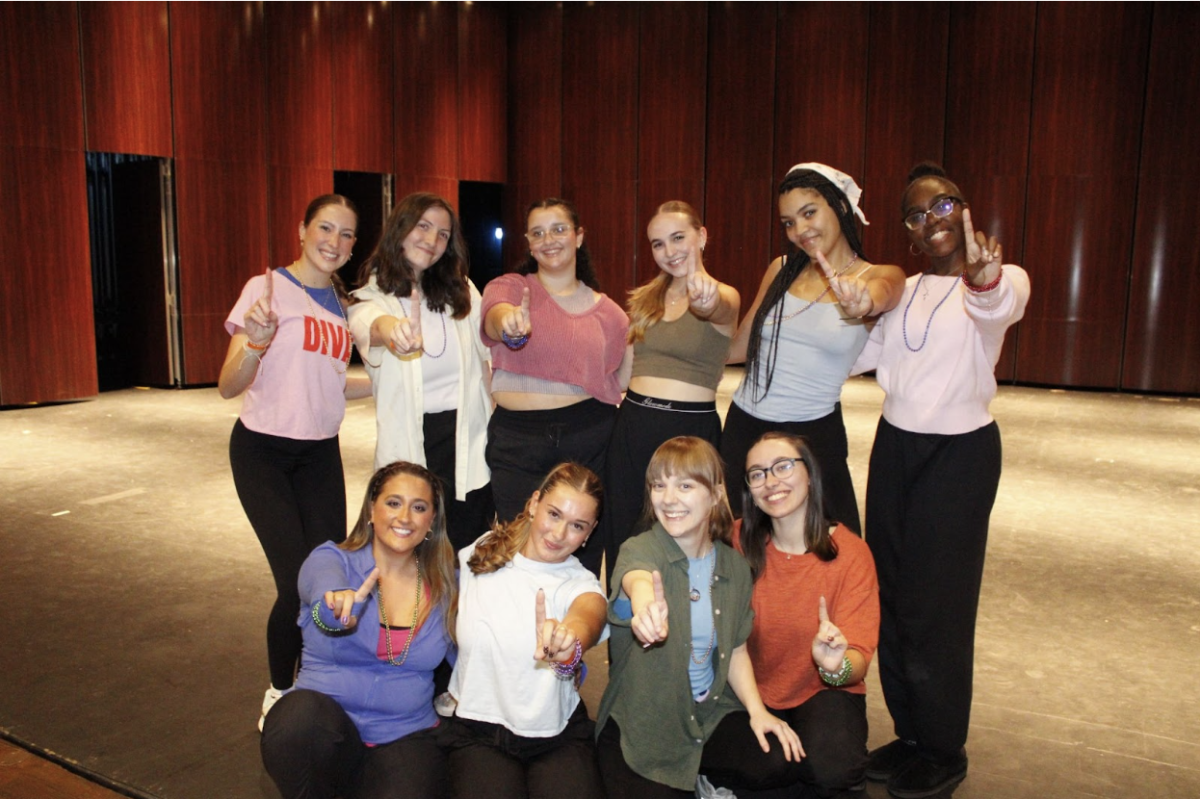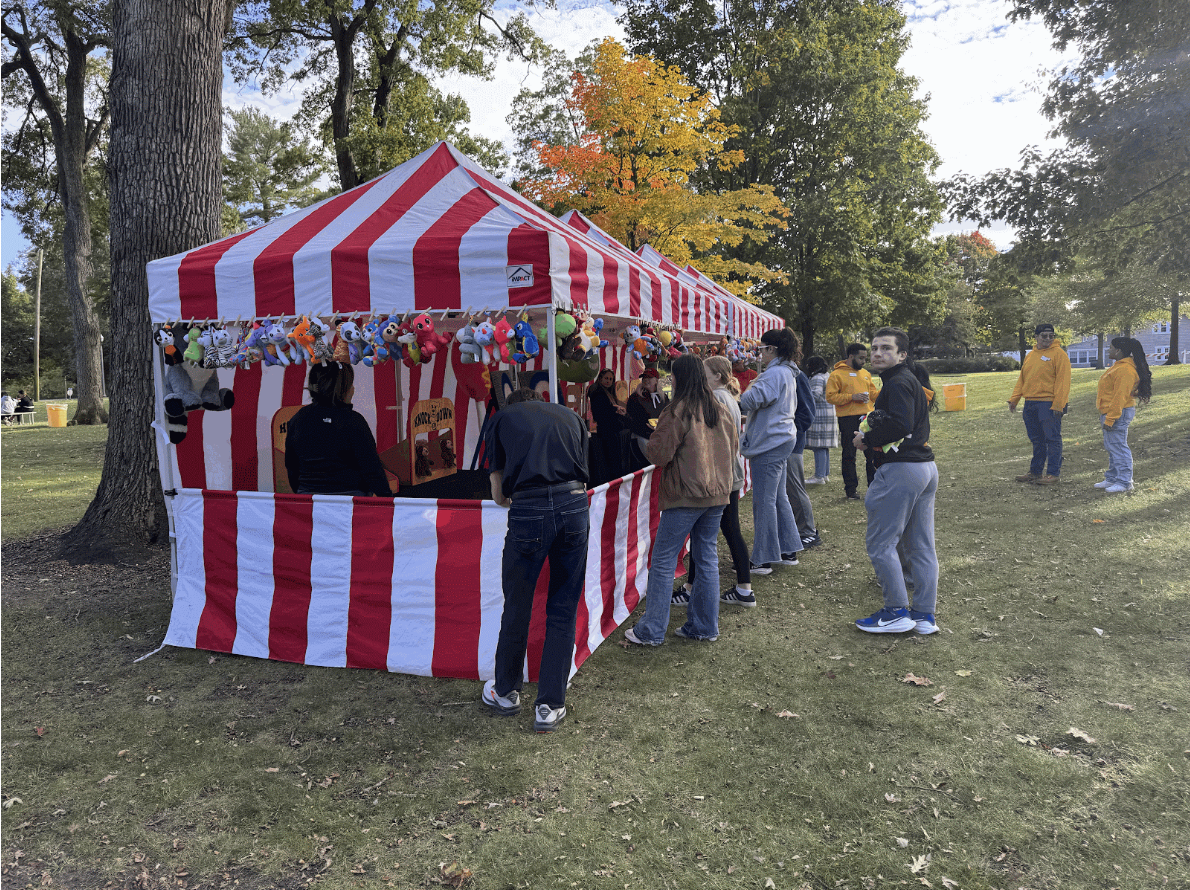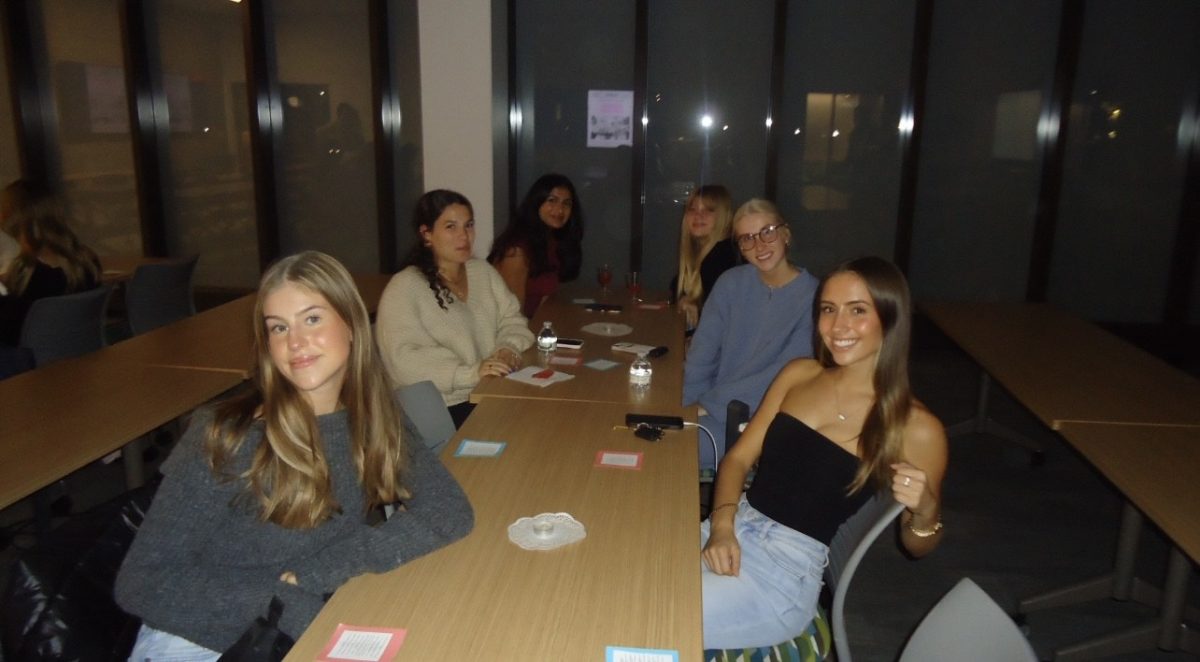On Sept. 16, 2022, 22-year-old Mahsa Amini, an Iranian woman from the Kurdistan region, died three days after being arrested and reportedly beaten by the morality police of Iran for allegedly failing to fully cover her hair.
This tragedy has led to outrage and protests, as women across the globe express their anger and pain – most of which have been taking place in Iran. Women of the country have been burning head scarves and cutting their hair in protest of the laws regarding the way women dress, as well as taking to the streets to show their outrage at those in power.
Rowan University President Ali Houshmand released a statement on Sept. 23 about his thoughts on the current situation in Iran, as he was born there. The piece is available to read on Rowan’s website under the title, “Message from President Ali A. Houshmand: Freedom is fragile.”
I feel it was deeply commendable on the part of President Houshmand to release this statement, as it shows his care and concern for the issue that has been on the minds of many people globally over the last several weeks. While the issue may seem specific to Iran, the problem of governmental or religious intervention stopping people from being able to live and express themselves freely is nearly universal.
Houshmand makes that universality even more apparent through his personal connection to this struggle. He wrote of how different the current Iran is from the one he was raised in.
Along with commenting on the pain felt by himself and others because of Amini’s death, Houshmand also includes a reminder that there is hope, even in the most horrible of situations. I appreciate this message, as it is so difficult to focus on and remember the things that inspire hope when being presented with this level of turmoil.
Houshmand makes specific note of how the use of social media can help with creating a global outreach and support system for the women of Iran who are currently resisting oppression. I feel this is a particularly salient and interesting point, as social media has the capacity to create so much division and negativity, that its potential to do the opposite by connecting people and instilling hope is often completely overlooked.
Above all, the point that the university president brought up which I found to be the most important was a call to action for the Rowan community to be the people that listen to the oppressed and offer support to those in need.
As a community at Rowan, we should remember this kind of strife and collectively work to make the world better, whether that be through major action or something as small as being compassionate towards others.
For comments/questions about this story, email [email protected] or tweet @TheWhitOnline.



